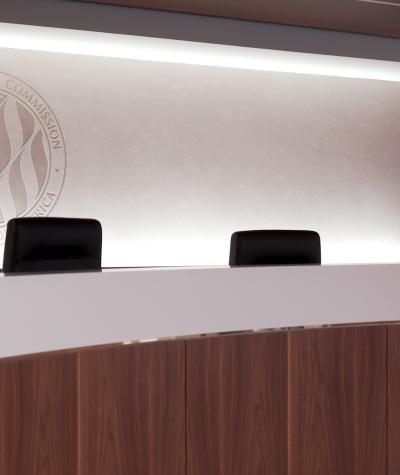Trevor Potter, Campaign Legal Center’s (CLC) president and founder, who has served as chairman of the Federal Election Commission (FEC), and Donald Ayer, deputy attorney general under former President George H.W. Bush, who is now a senior advisor on CLC's litigation strategy council, published an op-ed in The Hill about the lesser-known provisions of the Freedom to Vote Act.
In addition to examining how this legislation would improve voting access and provide strong protections against partisan gerrymandering, this op-ed, published on Oct. 8, 2021, highlighted how FEC reform is essential to offering more opportunities for meaningful transparency and making the promise of democracy more real for us all.
Since the mid-2000s, congressional opponents of campaign finance reform have prioritized the recommendation and confirmation of FEC Commissioners who are ideologically opposed to campaign finance laws and their enforcement.
This has meant that the FEC has increasingly deadlocked, leading to a failure to enforce the law on important issues like illegal coordination and disclosure of the true sources of secret spending.
FEC dysfunction has also contributed to the agency’s failure to update existing disclosure rules to account for the dramatic shift of political campaigning to digital media.
The Freedom to Vote Act would address these issues by making it easier for FEC investigations to move forward. Currently, a majority of Commissioners must agree with the FEC general counsel that an investigation should be conducted before the investigation can proceed.
By splitting the vote 50-50, just half the commissioners can prevent an investigation from moving forward.
However, under this bill, a majority of Commissioners would need to rule to overturn the general counsel’s recommendation that an investigation take place, making it harder to block investigations.
Because the FEC’s structure precludes more than three commissioners from the same party, this guarantees that bipartisan agreement would be needed.
We need a stronger FEC to enforce campaign finance laws and hold politicians and their donors accountable. By strengthening the FEC, the Freedom to Vote Act would provide real transparency about who is spending big money on elections, promote government accountability and reduce political corruption, creating a democracy that works better for all of us.
